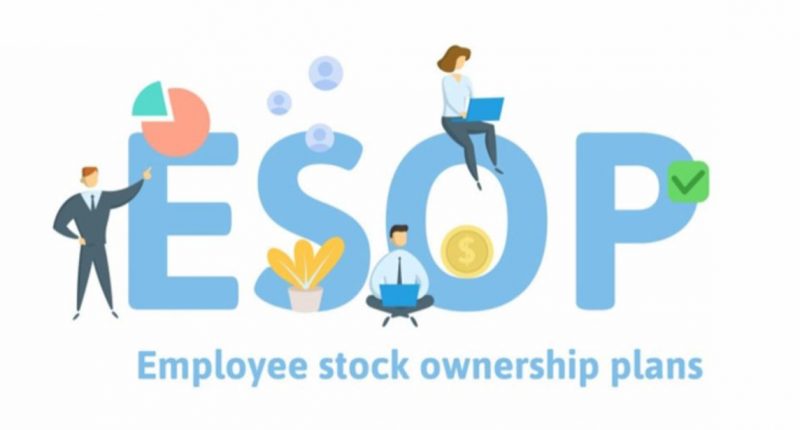Many Indian start-ups issue ESOPs (employee stock ownership plans) of the parent company based outside India to their employees as part of their CTC (cost to company). This option gives employees the right to subscribe to the company’s share at a future date at a predetermined rate.
Disclosure in Income Tax Return
As per the Indian tax law, Indian resident employees must disclose their foreign assets holdings in their income tax returns. The individuals can declare their holding in foreign assets either in ITR-2 or ITR-3. Hence, salaried individuals receiving ESOPs of a foreign parent company can file either ITR-2 or ITR-3 based on their income source other than salary and disclose the details of the foreign company’s shares in Schedule FA.
Regulatory provisions on exercising the ESOPs
Now, the query of most taxpayers is, which country should this incentive be taxed? The employer-employee relationship exists between the Indian employee and the Indian group companies granting ESOPs for a parent company. Any form of perks received by the employee for services rendered in India is taxable in India, irrespective of the place and form of benefit received. Hence, the ESOPs granted by the foreign company to the employee of its Indian subsidiary are taxable in India.
The Indian entity is responsible for deducting tax at source on such perks and reporting the same while filing quarterly TDS returns (Form 24Q). The employee can view the amount of the perquisite and tax deducted in Form 12BA/Form 16.
Taxation of ESOPs received from an eligible start-up
From FY 2020-21 onwards, an employee receiving ESOPs from a recognised start-up is not required to pay tax in the year when ESOPs are exercised. The tax-deductible on the prerequisite is deferred to earlier of the following events:
- Date of transfer or sale of the ESOPs by the employee
- Date of termination of employment.
- Completion of five years from the year of allotment of ESOPs
Tax on transfer of shares under ESOPs
On sale, the resident individuals are liable to pay capital gains tax. The difference between the sale price and fair market value on the exercise date is taxed as capital gains. Such gains would be taxed based on the holding period, short-term (24 months or less) or long-term (more than 24 months), calculated from the date of exercise to the date of sale.
Short-term gains are taxed at income tax slab rates, while long-term gains are taxed at 20% with indexation benefit (revising the acquisition cost after considering inflation).
The gains of ESOPs may be taxed in the country where the company is headquartered, or its shares are listed. The employee can claim relief for the same as per the tax treaty (double taxation avoidance agreement) with that country. Accordingly, Form 67 showing the details of the foreign income and taxes paid shall be furnished.
The employer must know the regulatory provisions related to ESOPs and the tax implications arising from the exercise of ESOPs and the sale of shares under ESOPs.
For any clarifications/feedback on the topic, please contact the writer at namita.shah@clear.in

I’m a chartered accountant and a functional CA writer by profession. Reading and travelling in free time enhances my creativity in work. I enjoy exploring my creative side, and so I keep myself engaged in learning new skills.





